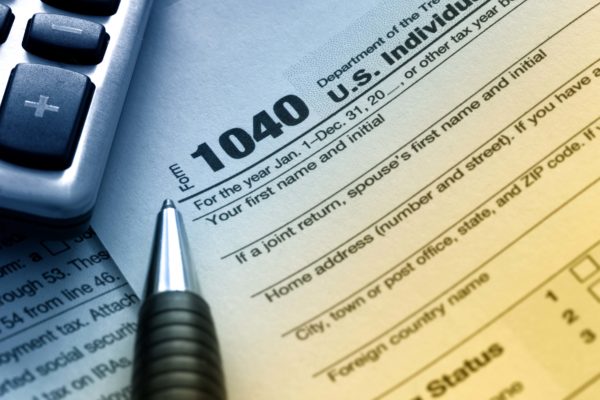Tax Reform and the Markets
I have the good fortune of being invited to speak on various television news programs on a fairly regular basis. This month the main topic of choice has been tax reform and given that the Senate is voting on their version this week, I thought I’d present some thoughts and data on the subject.
I am often asked during my TV appearances if I think that any tax reform bill needs to be able to pay for itself. The short answer is yes, but there’s more to it – I am Irish after all! At the beginning of 2008, total public debt which includes federal, state & local was about 75% of GDP. Today it is over 110% of GDP. The interest rate we, the American taxpayers, are paying on that debt is incredibly low today by historical standards, but that debt is like an adjustable rate mortgage. We have no plans to ever reduce the debt, let alone pay it off so when big chunks of it come due, we need to get a new loan at current rates. If rates go up, that debt will cost us more and more. The more money that we have to pay on that debt, the fewer resources are available to invest in ways that can grow the economy.
I will point out though that rather than focusing on having tax cuts pay for themselves, we could look at ways to cut spending? In 1950 federal spending was 20% of GDP and the world wasn’t coming to an end. At the beginning of 2000, federal spending had grown to 31% of GDP. This year it will account for about 36% of GDP. This level of spending comes at a time when unemployment is at 15-year lows. What happens when the inevitable recession comes? This is supposed to be the good times when we cut spending back and save up for the tough times.
What happens if we get bupkis from all this talk of tax reform? The current market valuations are so lofty and sentiment so lopsided bullish that there is no doubt in my mind that some level of cuts are already priced in, which means a hit if we don’t get them. The Republicans would likely have a tough time in the 2018 elections, which means that D.C. is likely to be even more dysfunctional as the Republicans try to shore up areas of weakness while the Democrats look to capitalize on the Republicans’ inability to enact reforms touted on the campaign trail.
Why do I think the markets are vulnerable? For starters, equities are really pricey: The trailing P/E ratio is higher today than at the 2007, 1987, 1976 and 1958 market peaks. The only time it was higher was during the 1999 dotcom lunacy. There is seriously lopsided sentiment with roughly 6 bulls for every bear. That is almost as lopsided as the all-time record pre-1987 crash. Even the c-suite has acknowledged that prices are inflated as share buybacks are at a 5-year low Finally, the US equity markets are a lot more expensive than many others around the world. Without tax reform, U.S. stocks will look less attractive than other international options as U.S. companies will continue to pay higher tax rates than the proposed rates.

